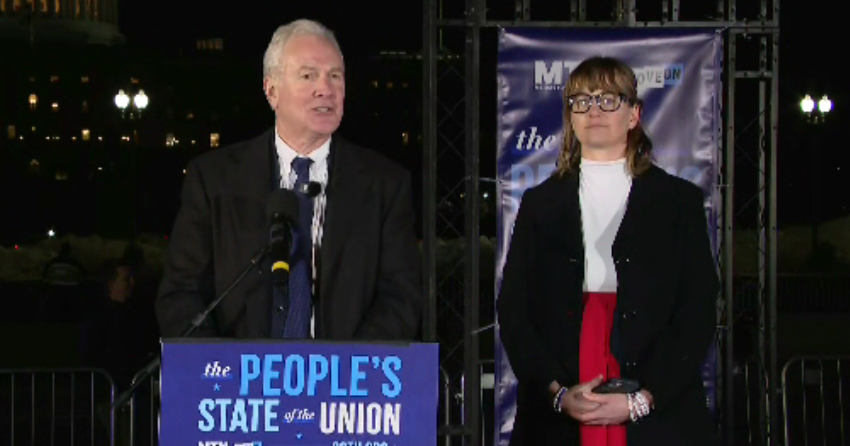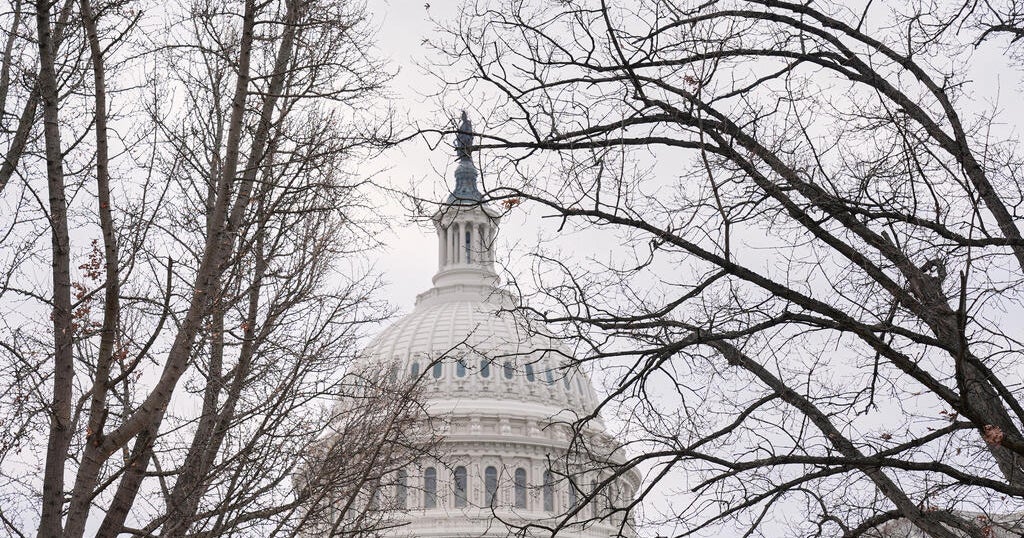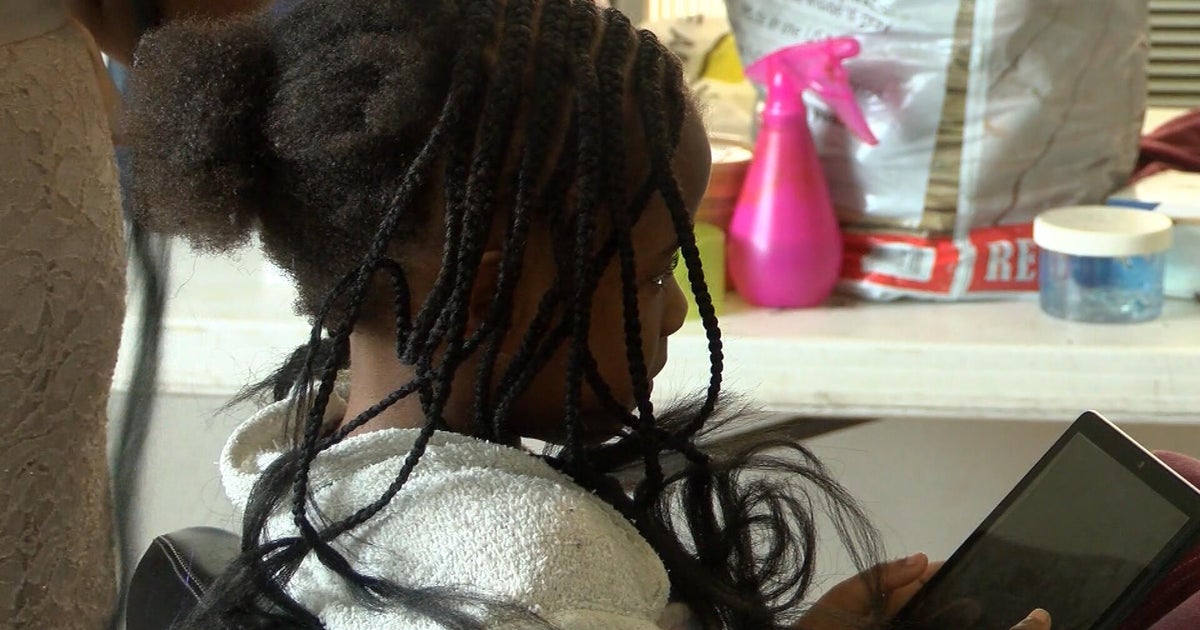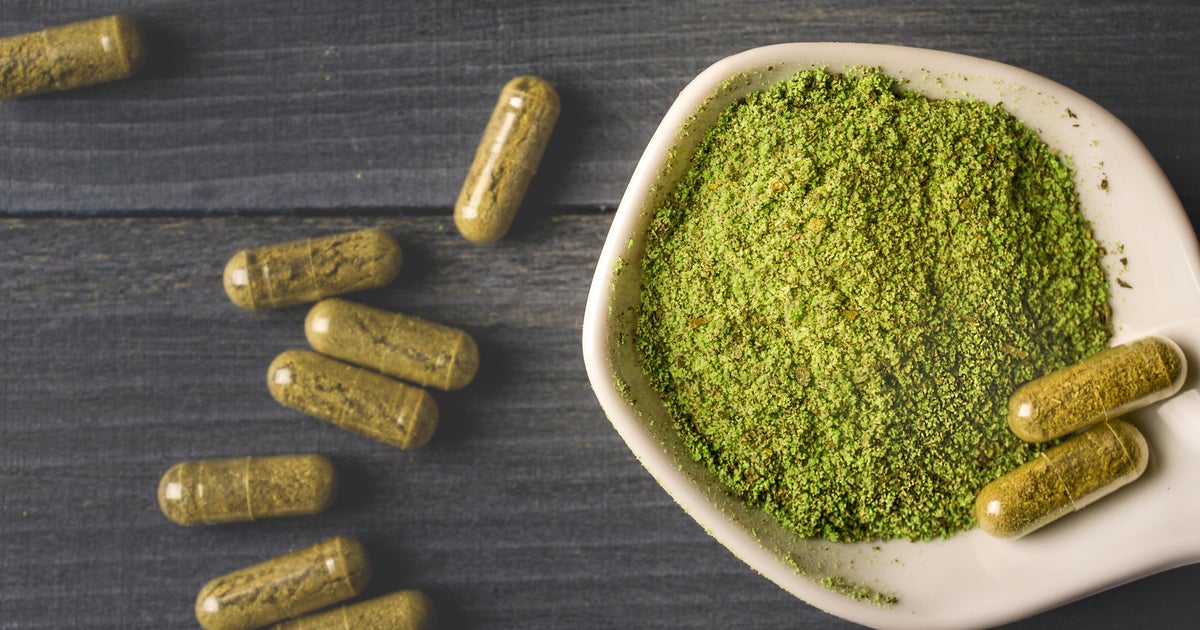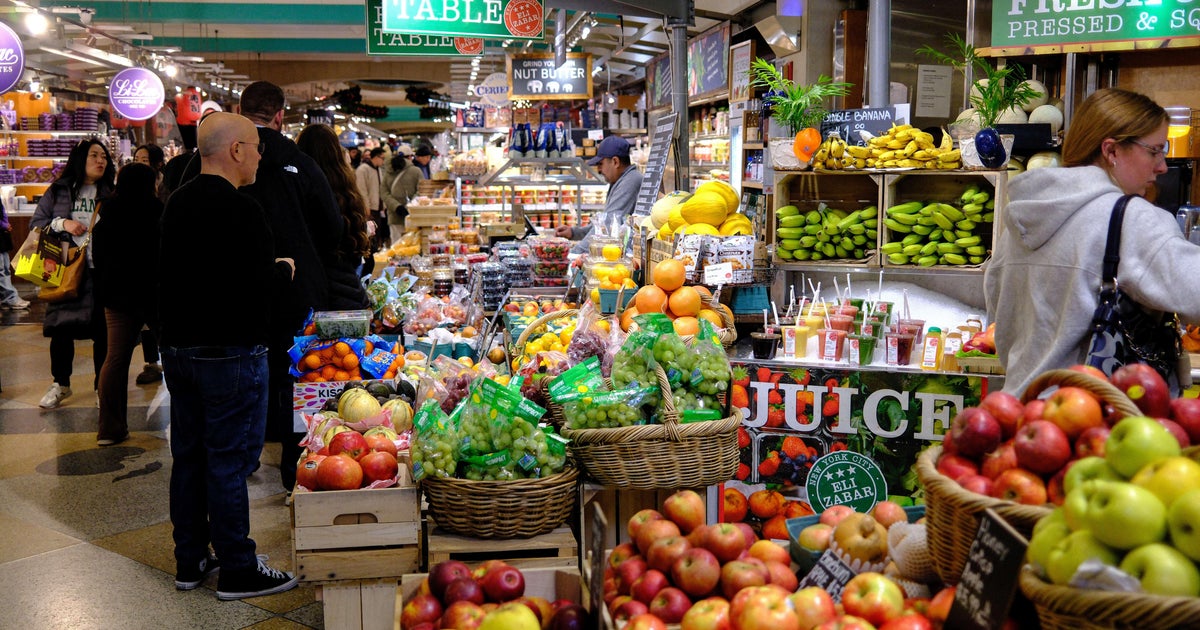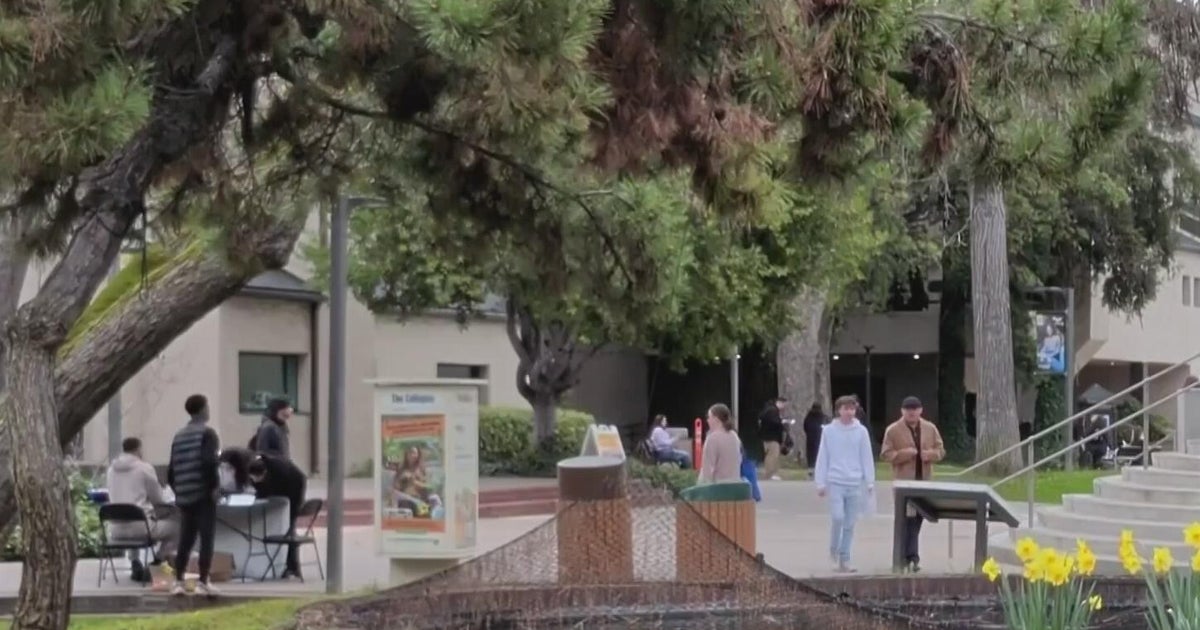Maryland Lawmakers Work To Ban Fake Pot
By MICHELLE JANAYE NEALY
Associated Press
ANNAPOLIS, Md. (AP) -- Synthetic marijuana is giving Maryland lawmakers real problems, prompting some to make the manufacture, possession or distribution of the drug illegal throughout the state.
Synthetic cannabinoids, more commonly known, as Spice, K2 or synthetic marijuana, are typically sold as a mixture of herbs and spices. They have been sprayed compounds that are not derived from the marijuana plant but mimic the effects of THC, the primary psychoactive ingredient. The mixture can be smoked or ingested in tea.
"The compounds of synthetic marijuana are easy to obtain and easy to manufacture," said Delegate Cathleen Vitale, R-Severna Park.
She introduced a measure that would prohibit the manufacture, possession and sale of herbal products containing any substance similar to synthetic cannabinoids unless the chemicals of each and the date of manufacture were listed on the packaging.
While the delegate's measure will receive an unfavorable report by the House Judiciary Committee on Monday, she is determined to get the drugs off the street.
"They liken back to the days of ecstasy and marijuana laced with PCP. The difference is that the compounds can be 20, 30 and 40 times more potent than anything that you would find as an illegal street drug," she added.
Another measure introduced by Delegate Kevin Kelly, D-Allegany, which is expected to receive a favorable report with amendments, would order synthetic marijuana to the state's list of controlled dangerous substances. Frederick County legislators have also submitted emergency bills that would give commissioners swift authority to enact a ban.
Last year, President Barack Obama signed a federal law banning synthetic marijuana and other such drugs. The ban placed 26 substances in the federal list of Schedule 1 controlled dangerous substances.
But drug manufacturers continue skirt the law by making simple changes to the molecular structure of substances, creating new synthetic chemicals not found on the list. The Drug Enforcement Administration has now identified more than 50 varieties of synthetic cannabinoids in law enforcement seizures in the United States.
Without more comprehensive legislation, the ability to manufacture and distribute synthetic marijuana continues, Vitale said.
Synthetic cannabinoids are frequently sold in colorful packages with cartoon-like labeling at tobacco shops, gas stations and on the Internet. They have been sold as herbal incense or potpourri and are frequently labeled as "not for human consumption."
"People are selling it and saying it's not to be used for consumption, yet everybody knows what they are using it for," Vitale said.
The drug is especially prevalent among teens, police say.
"We've seen it in middle schools all the way up to the colleges," said Sgt. Thomas Leone of the Frederick County Narcotic Taskforce. "We have seen kids suffering from severe hallucinations."
More severe effects have also been reported including agitation, increased heart rate and elevated blood pressure and paranoia. Sixteen cases of acute kidney injury were reported in six states after people smoked the synthetic marijuana last year, according to the Centers for Disease Control and Prevention's Morbidity and Mortality Weekly Report released Friday.
Evan Elsmo, a 17-year-old Annapolis High School student and a member of the Maryland Association of Student Councils, said the easy access to synthetic marijuana is making it a viable drug option among teens.
"You can go to any store and get it. It looks just like a bag of Scooby Doo gummy snacks, but it's really drugs that could have a harmful effect on you," Elsmo said.
The Maryland Poison Center has reported increases in the number calls related to synthetic-drug exposures for the last three years.
The number of seizures of synthetic marijuana by Washington/Baltimore High Intensity Drug Trafficking Area initiatives increased from 6 to 43 in 2012.
At least 41 states and Puerto Rico have legislatively banned synthetic cannabinoids in recent years.
(Copyright 2013 by The Associated Press. All Rights Reserved.)
